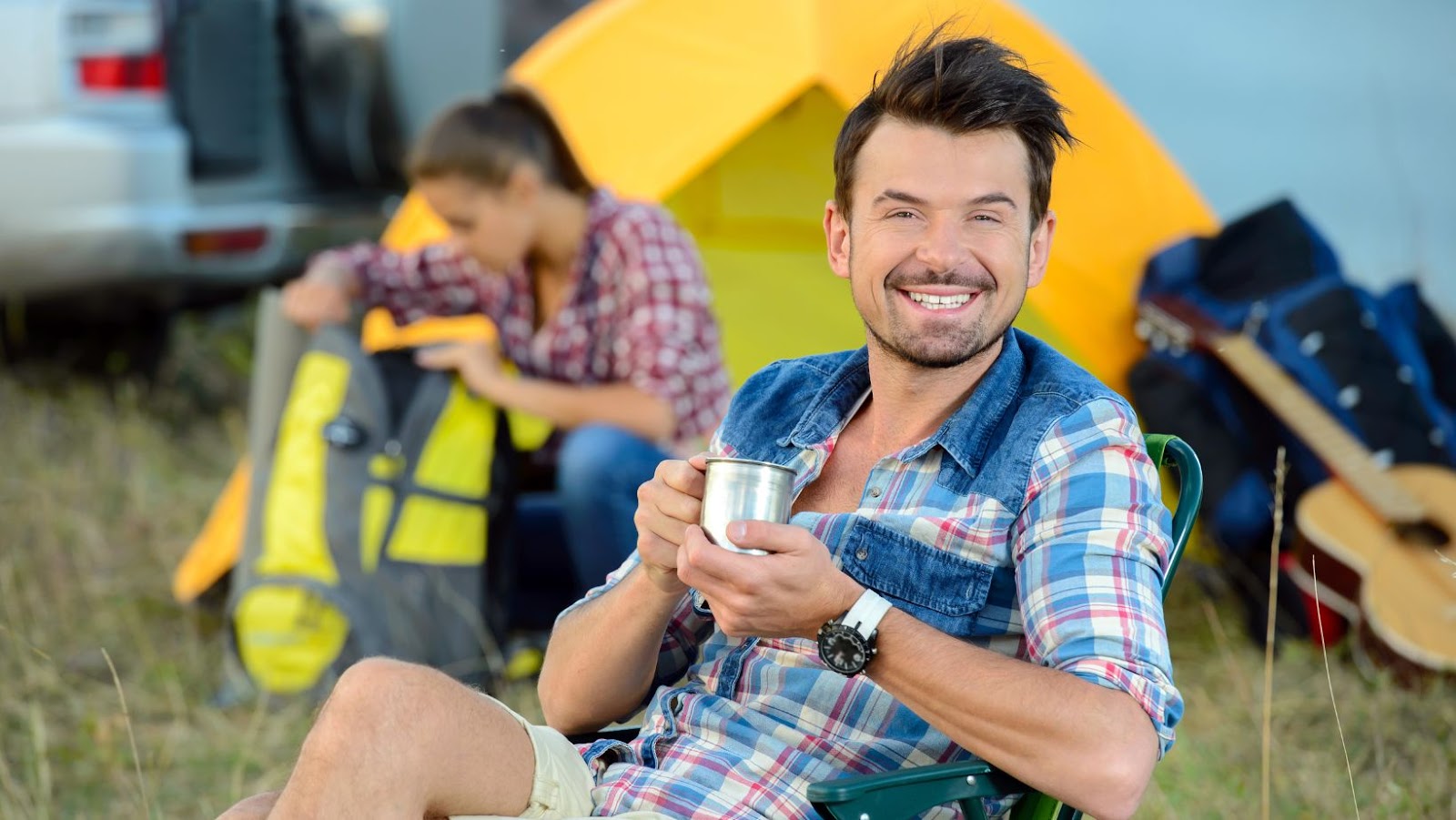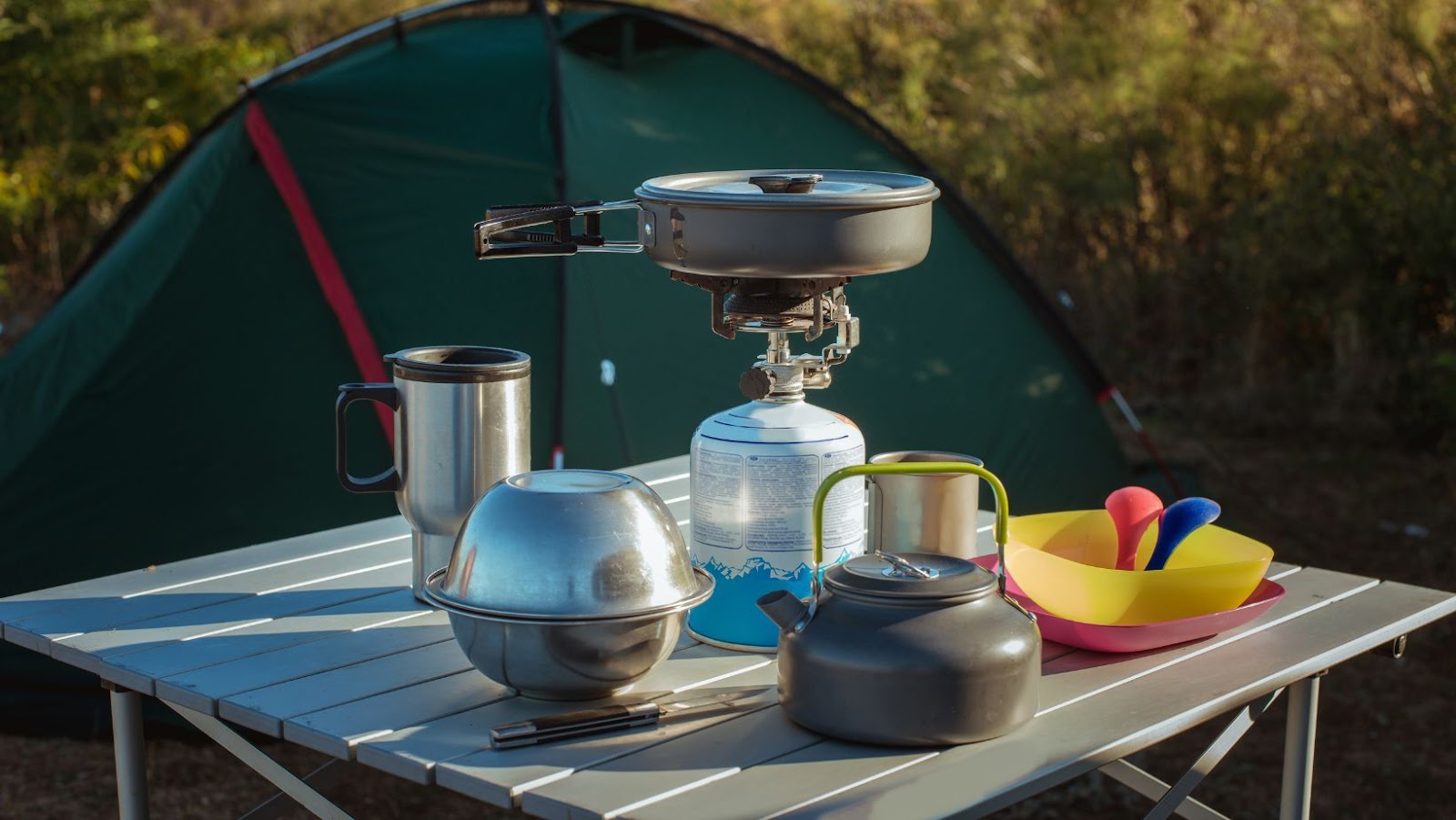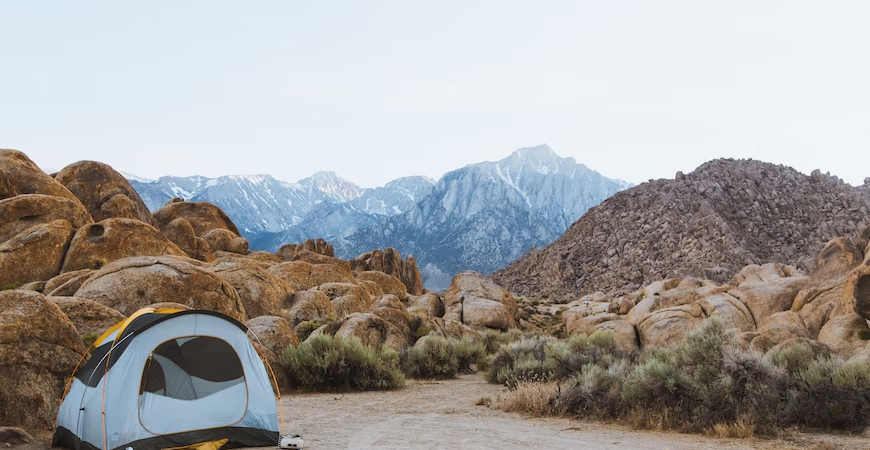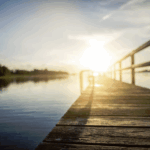The great outdoors and camping are both so wonderful. A few reasons to pack the tent in the back of the car and head for the wilderness include the clean air, the sounds of nature, bushwalks, and the chance to disconnect from technology.
Camping can be a comfortable, enjoyable experience for everyone with the proper planning, supplies, and extras. Without it, you might be in for a miserable weekend spent gathering wood for a fire and counting down the minutes until it gets light.
While getting ready for your camping trip, remember that national parks are wild places, so it’s crucial to consider your safety. Carrying necessary equipment like an EDC bolt action pen, torch, and food and water is very vital.
The following advice will assist you in organizing a safe and enjoyable camping trip:
Recognize Any Dangers Near Your Tent
You’ve reached your destination and are getting ready to drive the first tent peg. Make sure to look around and weigh the risks in the immediate area before proceeding. Camping away from large gum trees is advised. Some species are prone to suddenly dropping big branches. The last thing you need is a branch falling on top of your tent in the middle of the night.
In the event of rain, take into account where water will drain. Campers should avoid areas near ditches and creek beds where water may collect. Consider locating your campsite far from potential hazards like rivers, creeks, or sharp drop-offs if you’re camping with kids. Also, keep an eye out for ant nests! Setting up your tent atop a swarm of hostile ants is not fun.
Observe The Weather
Watch the weather and prepare your clothing accordingly. Consider the temperatures both during the day and night because warm, sunny days can quickly turn into chilly, frosty nights. Thicker socks, tracksuit bottoms, and a warm sweater may be necessary at night, in addition to sunglasses, hats, and sunscreen during the day.
Know The Services That Are Offered
To find out where assistance is offered, do some research. Knowing where and how to get to the neighborhood hospital could help you save time. Prepare your evacuation strategy in advance if you intend to camp when fires are likely to occur.

There is scant or nonexistent mobile phone coverage in many national parks. See where you can make an emergency phone call if necessary by looking at the coverage map for your network. It’s a good idea to inform friends and family of your plans and the time you anticipate returning home. Having access to maps will help you avoid getting lost, especially if you’re going on a bushwalk.
Multitool
One of the essential components in every backpacker’s gear is a good multitool. They are the Swiss army knives of today’s outdoor enthusiasts. With multitools, you may pack several different tools into a small, lightweight container.
While more complex ones might feature everything but the kitchen sink, even the most basic multitools frequently include pliers, screwdrivers, pens like an everyday carry bolt action pens, scissors, and a knife blade. You’ll need to weigh the competing forces of weight and luxury, just as with almost every other camping-related purchase, so carefully consider your demands before making your choice.
Bring A Lot Of Water And Food
Water for drinking and washing should be brought in plenty. You cannot rely on water in the park’s rainwater tanks because most parks are not connected to the main water supply, especially after dry conditions.

Remember that tank water has not been treated and is not fit for consumption.Invest in a good esky and bring enough ice if you are bringing food that needs to be kept cold. Camping and food poisoning don’t mix well.
Be Aware Of Any Wildlife
Remember to keep an eye out for smaller animals and drop bears, as they are likely to cause the most trouble. Ticks, mosquitoes, and other insects can bite, itch, and sometimes carry diseases. Insect bites can be avoided by using insect repellent, donning long sleeves, and wearing long pants. When at all possible, close the fly screens on your tents, and avoid leaving open water and drink containers around your campsite because they might draw thirsty insects.
You may encounter snakes in the summer. In general, snakes are timid and won’t bite unless provoked, so it’s best to avoid approaching them. Bear in mind that even small snakes can be dangerous. So carry a clean and well-maintained Glock to avoid the common Glock Malfunctions while shooting.
In A Nutshell
Although the list above is lengthy, some items are common sense. These serve as a reminder of what you already know. Camping requires careful planning and preparation, just like any other trip. Your experience will be enjoyable if you are well-equipped with the necessary knowledge and equipment.


 By
By 




